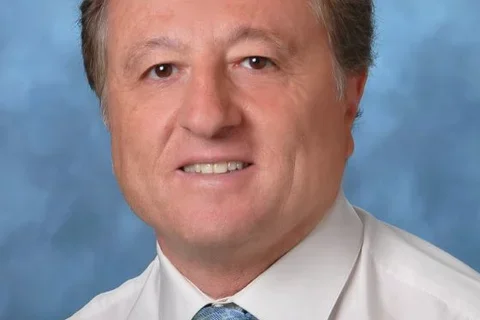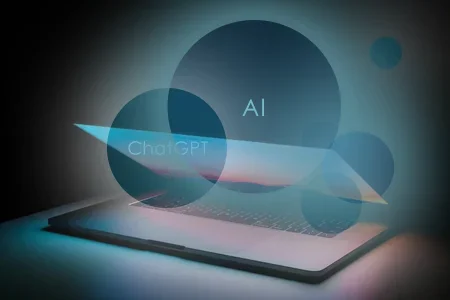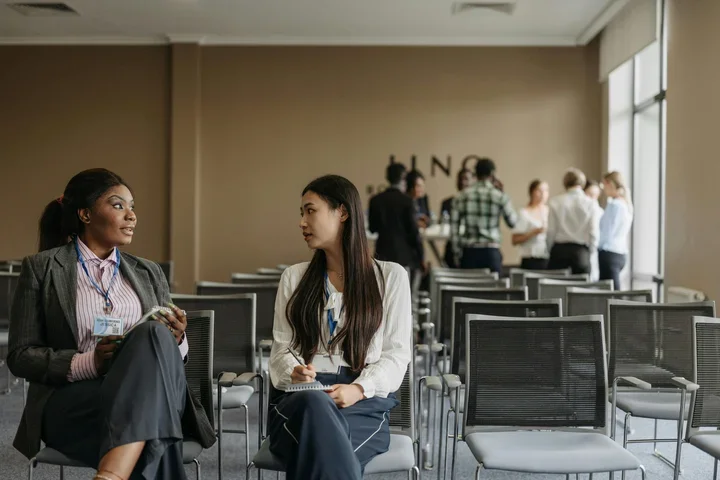Gordon research conference puts spotlight on CTSI-Supported cartilage research

Biagio Saitta, Ph.D., a research scientist at Cedars Sinai Medical Center, presented a novel approach for studying defects in cartilage development at 2015 Gordon Research Conference (GRC) in Cartilage Biology and Pathology in Galveston, Texas.
Dr. Saitta, who is also an adjunct associate professor in the Department of Pediatrics at the UCLA's David Geffen School of Medicine (DGSOM), developed his approach with collaborator Daniel H. Cohn, a professor in the Departments of Molecular, Cell and Developmental Biology and Orthopaedic Surgery at DGSOM. CTSI supported the research.
His method uses human induced pluripotent stem cells (iPSCs) to develop in vitro models of skeletal dysplasias, which account for five percent of congenital birth defects and can cause short stature, limb abnormalities, and death. The disease models give researchers tools for identifying molecular targets for drugs that may potentially treat skeletal dysplasias.
"This approach is exciting and new because you can study early stages of cartilage development in vitro. If you can have an iPSC system as a 'disease in the dish' to model human disorders, you can investigate abnormalities in the developmental process to identify genes and pathways involved in skeletal dysplasias," Dr. Saitta said.
Dr. Saitta's Gordon Conference presentation focused on abnormalities in a specific gene family, the Transient Receptor Potential Vanilloid (TRPV4). Defects in this gene family are responsible for both lethal and non-lethal skeletal dysplasias. In his talk, "Modelling TRPV4 Skeletal Dysplasia Using Patient-Derived Induced Pluripotent Stem Cells," Dr. Saitta described his approach. With expertise of Cedar's Stem Cell Core Facility, he reprogrammed skin fibroblasts from a patient with TRPV4 dysplasia back to a pluripotent state. He then differentiated the iPSCs into chondrogenic lineages to recapitulate the biochemical and molecular pathways of developing cartilage, the tissue affected by the disease.
Dr. Saitta said the method can be used by anyone studying human cartilage development to investigate and uncover molecular mechanisms of chondrogenesis to better understand genetic disorders affecting cartilage, bone and normal growth. His presentation came during the conference's "New Approaches to Uncover Disease Causes, Mechanisms and Treatments" session.
CTSI awarded Dr. Saitta a $10,000 voucher for Cedar's Stem Cell Core Facility services in 2012. CTSI and the UCLA Children's Discovery and Innovation Institute awarded Drs. Saitta and Cohn, who is also director of the International Skeletal Dysplasia Registry at UCLA, a $100,000 Team Science Award in 2014 to develop iPSC and mouse models to study skeletal dysplasias.
Further reading:
Saitta B, Passarini J, Sareen D, Ornelas LA, Sahabian A, Argade S, Krakow D, Cohn DH, Svendsen CN, Rimoin DL. Patient-derived skeletal dysplasia iPSCs display abnormal chondrogenic marker expression and regulation by BMP2 and TGF1. Stem Cells Dev. 23: 1464-1478, 2014. PMID: 24559391.
Image caption: Biagio Saitta, PhD
Image source:



